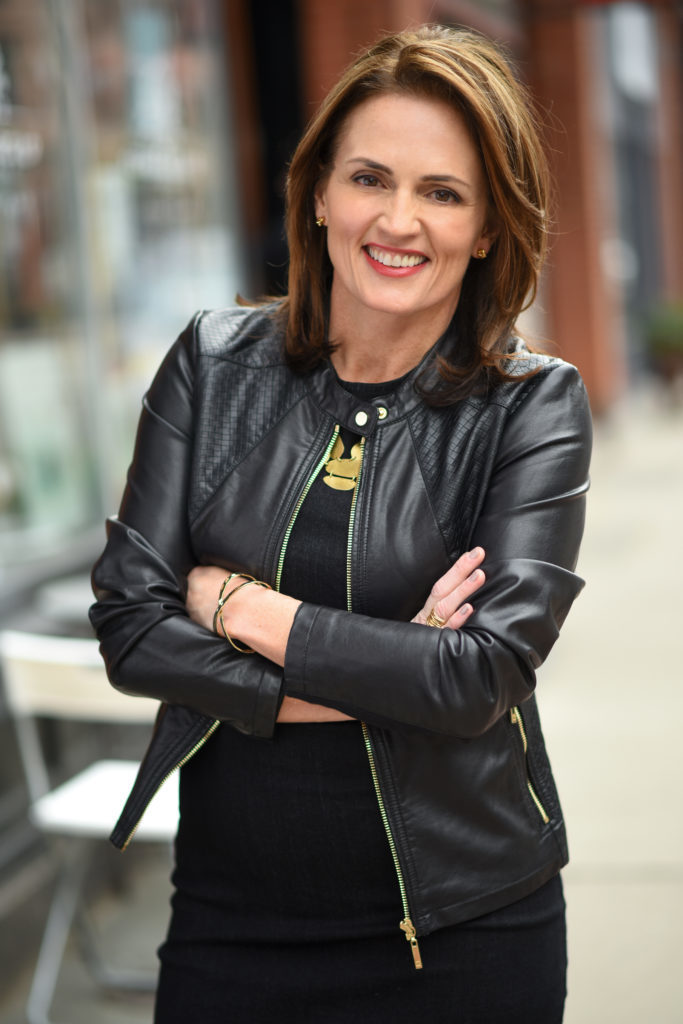Brad Phillips On Confident Communications: Apologies, Fears, and More
It can be tough to say, “I’m sorry.”

Molly McPherson
That goes for a quiet act of contrition between friends or a much publicized mea culpa from a CEO of a company that has found itself on the wrong end of public opinion. In both cases, an apology must be legitimate, because – surprise, surprise – people can smell inauthenticity miles away, or see a bungled attempt at atonement for what it is.
In the mediasphere, if you make amends in an ineffective, tone-deaf, inauthentic, or tepid fashion, watch out for the backlash. Chief Throughliner Brad Phillips has his own thoughts on how to avoid such a fiasco.
During an interview with Molly McPherson on her podcast, Confident Communications (see the bottom of this post to listen), he reveals the way companies, organizations, institutions, public agencies, and other groups – large and small – can avoid such a gaffe.
When the first apology doesn’t work, it’s often because it isn’t a true apology, he says. He continues:
“Then, the backlash against the company magnifies the original crisis to make it an even bigger crisis and then they have to give a second statement, which in that case is typically a much better apology. My advice to people is let’s try to shortcut the first apology and get to the second one first. The goal in a crisis, oftentimes, is to shrink the news cycle and a bad apology does the exact opposite.”
Phillips recently shared many other tips on how to effectively share your message through the media during his conversation, “How to Nail Your Next Media Interview,” with McPherson, who is based in Portsmouth, N.H. She has had a long career in media, including public relations, crisis communications, and social media strategy.
Mind the media
- What should you do to allay your fears right before a media interview on a major television network?
- Why is it important to live your life as if it always being recorded?
- Have you ever wondered just how long does it take for all that message building during a media interview to go up in smoke – 3 minutes, 1 minute, 30 seconds, 15 seconds, 7 seconds?
Well, wonder no more. Phillips, who has shared his expertise as a media and public speaking trainer for 17 years, and McPherson share insights and advice on how to be a better media communicator (and public speaker), during the following podcast:


